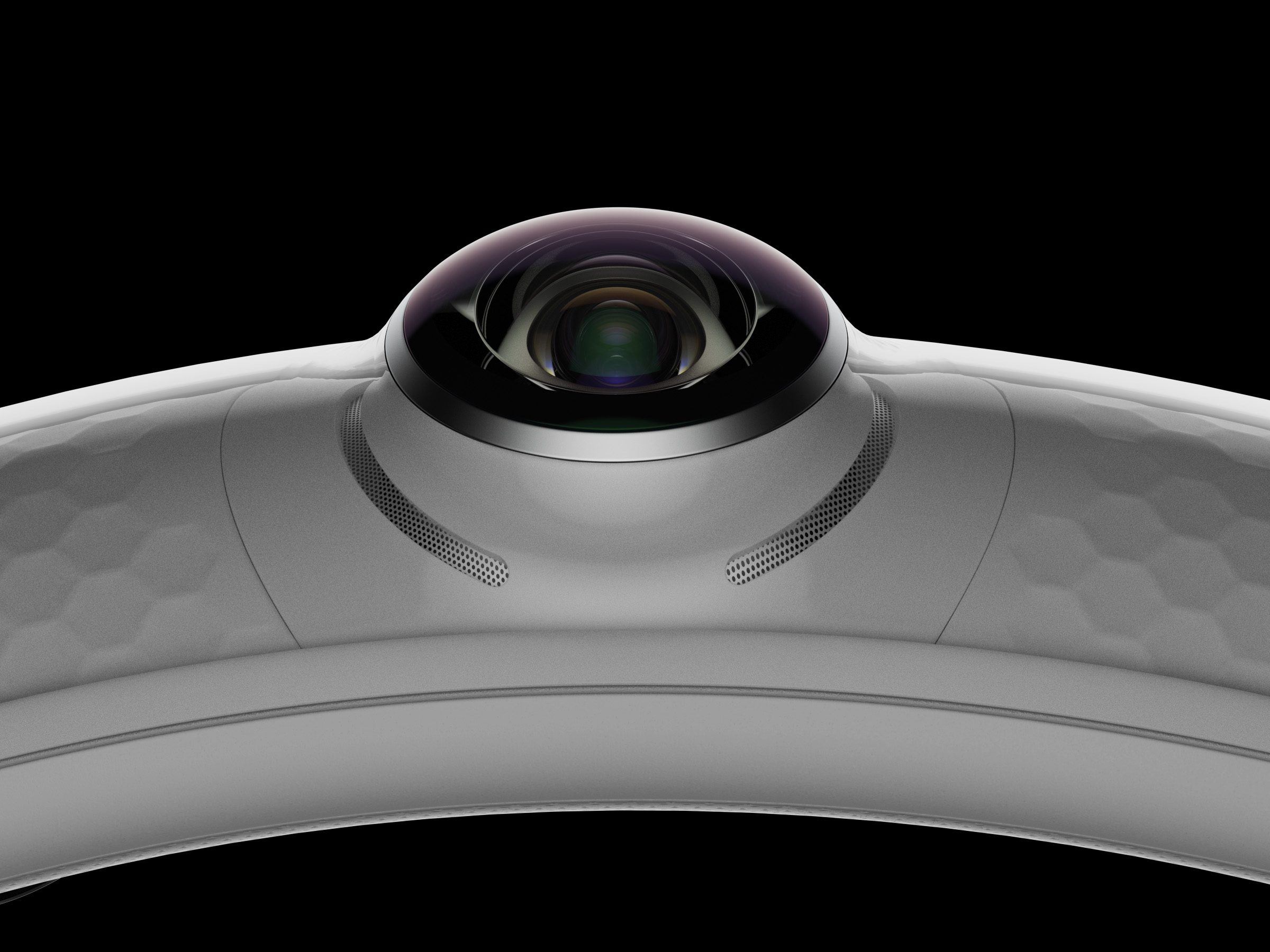
Background & Timeline
Looking back in history, it seems that with the advancement of technology, people's lives have become increasingly convenient. However, at the same time, they have also relinquished more and more of their privacy rights. From letters to telephones, and now to streaming platforms, nowadays when people go out to eat, they must first take a photo and upload it to social media. People are uploading more and more aspects of their lives to internet platforms, and they are happy to do so. Such developments have granted unprecedented power to a few companies, enabling them to pry into every aspect of people's lives, sometimes even better than people know themselves. The 2018 Facebook-Cambridge Analytica incident serves as a warning bell. Undeniably, such technology is objectively advanced, but the privacy concerns and regulatory challenges it generates are side effects that we must confront.
Looking ahead, technology continues to evolve, and the rise of AI supermodels may take personal data collection to new heights. On one hand, the more information users provide to AI, the more powerful and comprehensive services AI can provide to users. This may become indispensable, akin to infrastructure, after further AI development. It might be difficult to imagine now, but perhaps in the future, people may not even need tobuy things—AI will automatically make purchases based on their needs. At that time, losing AI support will have a huge impact on individuals. On the other hand, the nature of large models determines that their progress definitely requires a large amount of data support, which also gives AI companies the motivation to collect information. This creates a market where both buyers and sellers have motives and demands. Inevitably, I believe a new type of device will emerge in the future, collecting all user information to provide unprecedented services. While this may constitute a significant infringement on privacy rights, does prohibiting such behavior mean hindering the progress of productivity, or even for large models, hindering technological progress itself ?
Such contradictions and reflections prompted me to create a fictional brand, "Molecule." It is a future AI hegemonic enterprise, and its "Molecule View" series of AI-assisted devices have become the best-selling products in the world, further consolidating its AI dominance with the massive user data it brings. Its logo is a combination of the letters A and I forming the letter M.



















